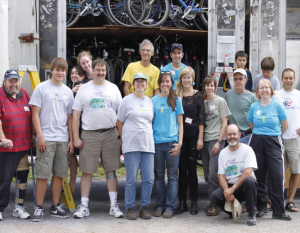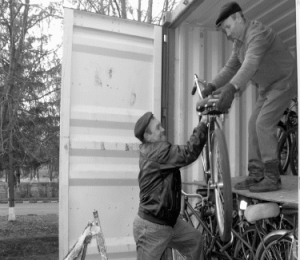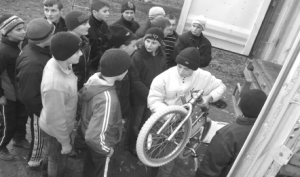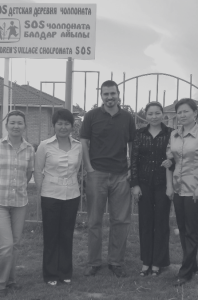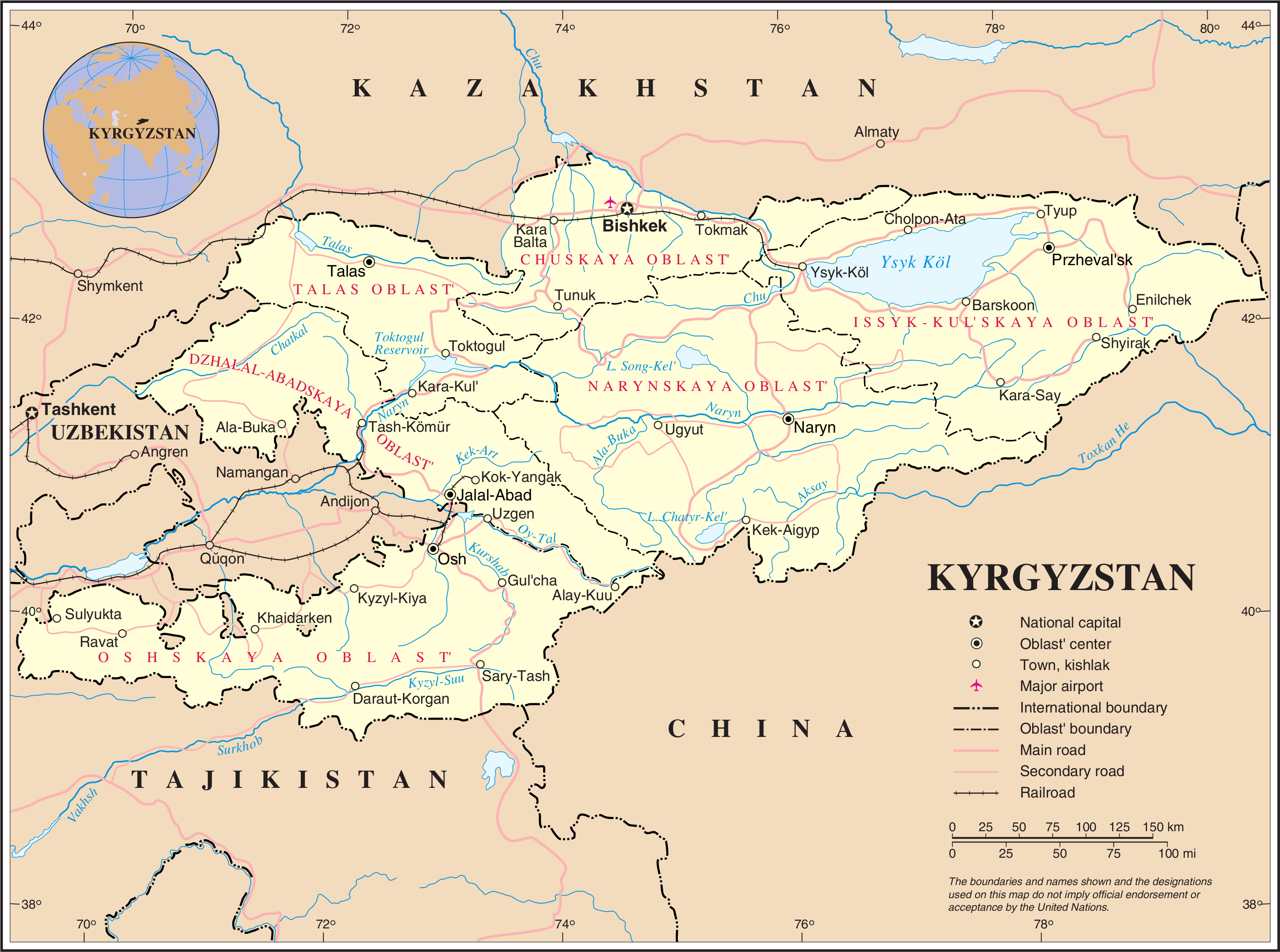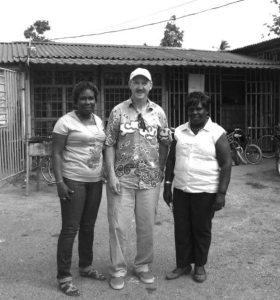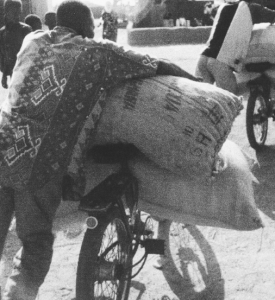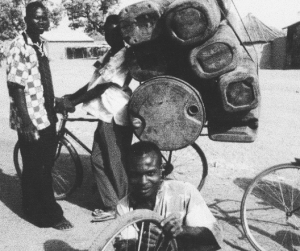My name is Elizabeth Deppe. I am an American, but am currently serving as a volunteer in St. Vincent for two years. I am volunteering at Barrouallie Secondary School. The school has students ranging from age 12 to 18 and serves over 500 students. Universal Education is fairly new to St. Vincent, so many students that may have not otherwise been accepted to a secondary school are now able to attend. Many students are the first in their family to attend a secondary school.
As a volunteer with the school, I am helping in the areas of literacy and art education. I feel extremely blessed to be working with the students, the principal and the faculty. They are incredibly hard working and as their motto states, Striving Ever Higher. A major problem facing students in St. Vincent is a lack of resources. Many students are dedicated and hard working, but cannot learn certain trades and skills simply because there is no access. For example, students must purchase their own supplies for art classes because there is not enough money to fund art supplies. As an art education volunteer, this can become extremely heart breaking and frustrating when only a small fraction of the class is able to purchase the recommended supplies for a certain project.
The Principal, current art teacher and I are working on creating an art program that teaches the students skills they can use, possibly to make some sort of income, in the future. We would love to introduce machine sewing to the students as it would be a great way for them to learn creative expression and a wonderful skill for them to have later in life. There is a lack of jobs in St. Vincent, and sewing would allow students to create their own small businesses. Students could create souvenir items that they could market to tourists. Students could also learn to create everyday items and clothing that they could sell to other Vincentians.
Sewing would also serve as a creative outlet for the students. Many students are faced with difficult family situations and learning an alternative way to share their feelings would be a great resource for them. Learning creativity through sewing will also teach the students problem solving skills and to look at situations in a new way.
A donation of sewing machines would be a great asset to the students and the community of Barrouallie. The students will not only have fun, they will also learn a new skill and stretch their creativity and imaginations. If you believe this project may be something that Pedals for Progress is interested in working with I would love to further discuss the school and the situation with you.
Thank you for your time and consideration.
Liz Deppe
U.S. Peace Corps (St. Vincent)

